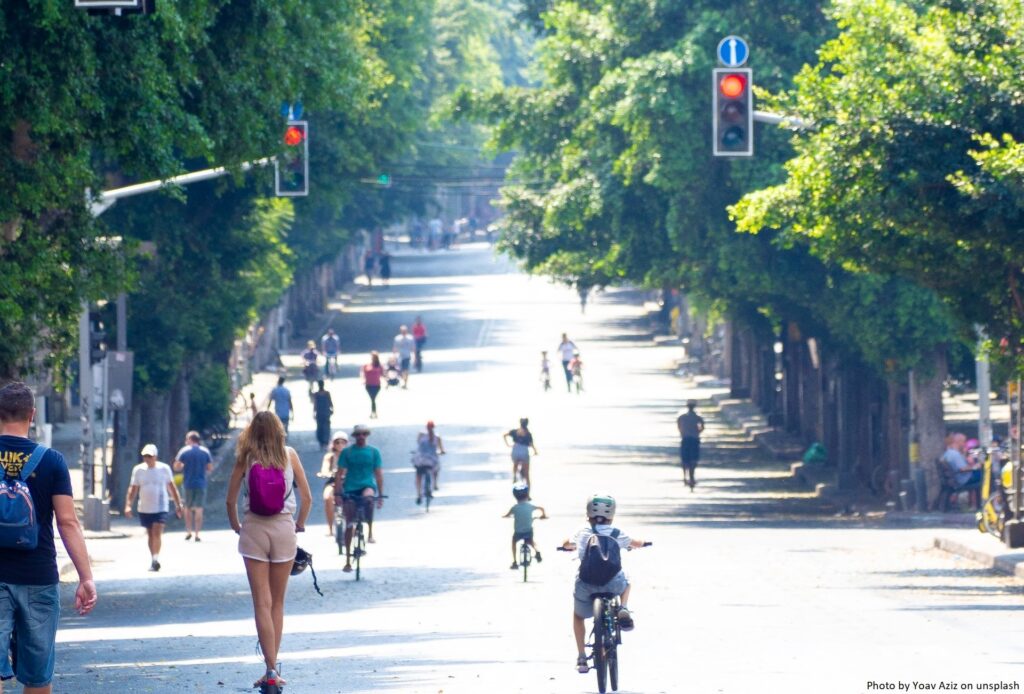Hungarian translation of the SUMP Topic Guide for Smaller Cities and Towns now available
Sustainable urban mobility planning (SUMP) is a strategic and integrated approach to dealing with the complexity of urban transport. Across Europe, local authorities and their private operating partners are striving to create sustainable solutions for passenger transport and freight that foster accessible, safe and affordable mobility, while aligning with European Green Deal emissions reduction objectives.
As part of the SUMPs-Up project, funded under the European Union’s Horizon 2020, Rupprecht Consult compiled a Topic Guide, “Sustainable Urban Mobility Planning in Smaller Cities and Towns”. This guide applies the SUMP Guidelines to the planning realities of smaller cities and towns. It aims to support cities with a population of less than 100,000 that are much less likely to develop Sustainable Urban Mobility Plans than their larger counterparts and are also underrepresented in good practice databases and the community of experts. This indicates that they face specific challenges and need a dedicated guidance document for this target group.
This Topic Guide has now been translated into Hungarian and published by Magyar CIVINET, the Hungarian-speaking regional CIVITAS Network, financed by the CIVINET Activity Fund under CIVITAS ELEVATE. By translating the Topic Guide, Magyar CIVINET aims to support cities in developing more and better SUMPs.
Smaller cities and towns often have fewer resources and expertise for strategic mobility planning, making it more difficult to develop SUMPs. They also tend to have a stronger car dependency and weaker public transport, which can make it feel even more daunting to pursue a sustainable vision. On the other hand, smaller cities and towns often have well-connected social communities and more walkable and bikeable distances, offering ideal opportunities for sustainable mobility.
Based on an analysis of their specific challenges and opportunities, this guide provides smaller cities and towns with planning methods, tools and policies that have proven to work well in smaller urban areas. It also includes a variety of good practice examples from all over Europe, highlighting the benefits of SUMP for some of the most common problems in smaller cities and towns.
Read the original publication here. This and other SUMP Topic Guides can be accessed via the Eltis website here.
Hungarian translation of the SUMP Topic Guide for Smaller Cities and Towns now available Read More »

